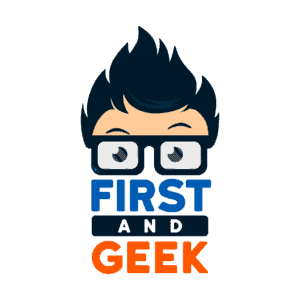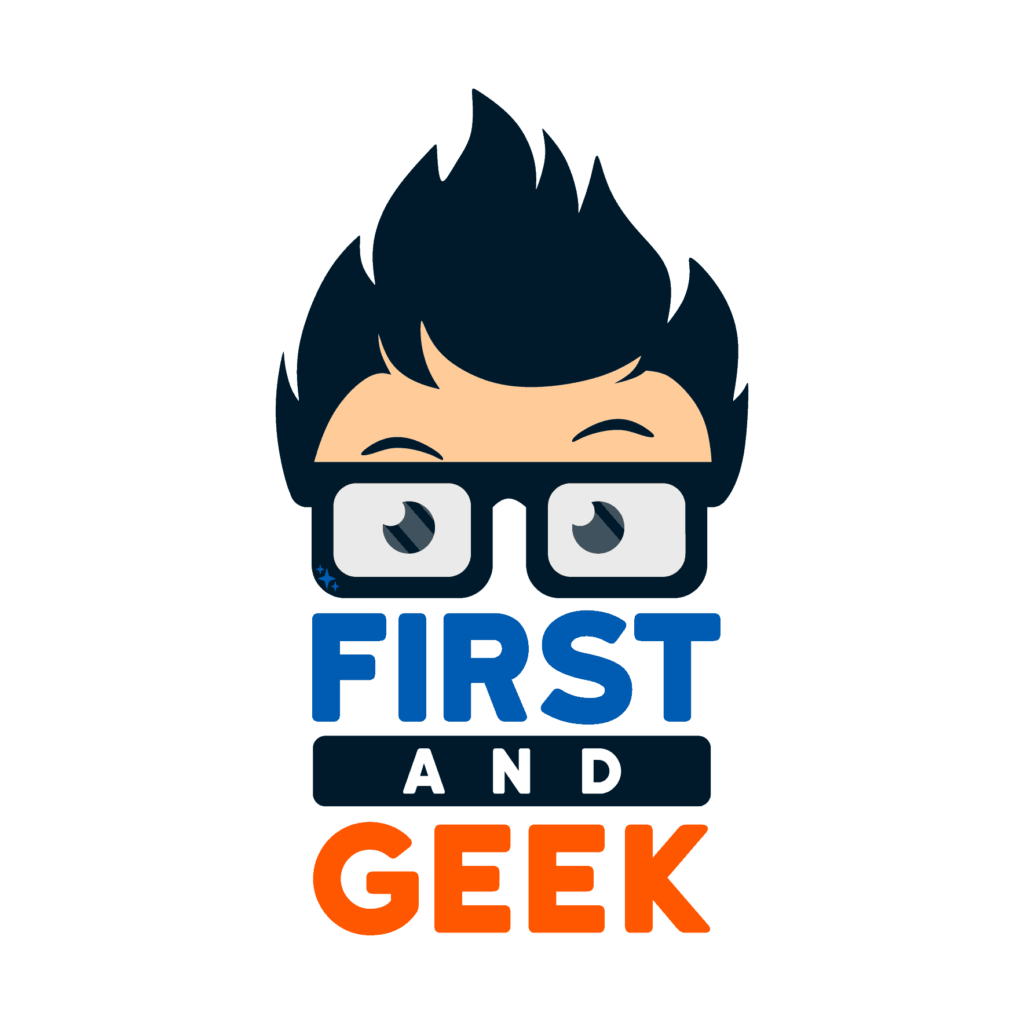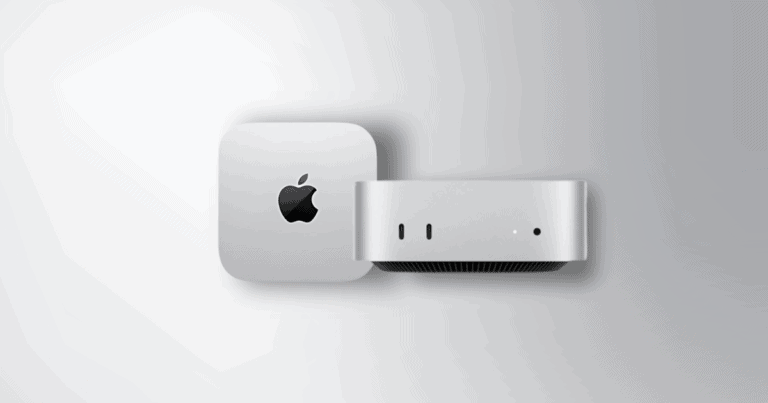The integration of artificial intelligence in dating apps presents a dual-edged sword, with the potential to enhance user experiences while also risking increased burnout. On one hand, AI can streamline interactions and improve connection quality; however, it may simultaneously contribute to choice overload and emotional fatigue. As users grapple with the implications of gamified features and privacy concerns, the question arises: will AI serve as a remedy for the pervasive burnout in online dating, or will it aggravate the very issues it aims to solve? The answer may lie in the delicate balance between innovation and authenticity.
Understanding Dating App Burnout
Dating app burnout is a prevalent phenomenon characterized by users experiencing emotional exhaustion and decreased motivation due to excessive engagement with these platforms.
Research indicates that 80-90% of users encounter symptoms of burnout, including frustration, anxiety, and diminished enjoyment in dating experiences, often leading to withdrawal from online dating altogether.
The average user spends about 10 hours per week on these apps, amplifying feelings of emotional depletion and disillusionment in their search for meaningful connections.
Furthermore, the experience of ghosting affects 50% of users, further exacerbating dissatisfaction and contributing to mental health concerns.
Ultimately, continuous interaction with dating apps can result in loneliness and isolation, highlighting the significant psychological impact of digital dating on users’ well-being.
AI Features Enhancing User Experience
Integrating AI features into dating apps offers innovative solutions that can profoundly enhance user experience by fostering deeper connections and improving engagement.
For instance, Tinder’s photo selector optimizes profile quality, while Bumble’s AI effectively detects and removes fake profiles, enhancing user safety and trust.
Hinge’s anti-ghosting features actively encourage responses, addressing feelings of fatigue associated with unanswered messages.
Additionally, Rizz Decode tailors conversational responses based on ongoing interactions, promoting meaningful exchanges.
The emergence of generative AI tools further facilitates engaging experiences, addressing issues of burnout by refining user interactions.
These advancements collectively aim to create a more satisfying dating environment, suggesting that AI features have the potential to profoundly improve user experience in dating apps.
The Dark Side of AI Integration
The integration of AI in dating apps presents significant challenges, particularly concerning user privacy and trust, which can contribute to heightened feelings of burnout among users.
Over 80% of dating apps reportedly share or sell personal data, raising substantial privacy concerns that may exacerbate user distrust.
Ethical issues surrounding consent and data usage complicate the responsible implementation of AI technologies.
Additionally, the lack of specific AI policies in platforms like Tinder and Hinge creates a transparency gap, increasing user anxiety.
The gamification of AI features may further entrench addictive behaviors, as evidenced by legal actions against Match Group.
Consequently, users may struggle to trust AI-enhanced features, leading to disillusionment and intensified user burnout within the dating landscape.
Balancing Technology and Authenticity
User experiences in dating apps must navigate the fine line between leveraging AI advancements for improved safety and connection while preserving the authenticity of personal interactions. Striking this balance is essential, as users face challenges that could lead to burnout:
- Overwhelming choices that dilute meaningful connections.
- Concerns over user privacy with data sharing practices.
- Enhanced superficiality that detaches users from genuine encounters.
- Increased fatigue from the demands of constant engagement.
As AI innovations like personalized matching and anti-ghosting features emerge, the focus should remain on fostering genuine relationships. Ensuring that technology complements rather than compromises authenticity is critical for user satisfaction and long-term engagement in dating apps.
Tips for Reducing Online Dating Fatigue
Reducing online dating fatigue requires a strategic approach that prioritizes well-being and meaningful interactions over the overwhelming dynamics of app usage.
To combat burnout, users should limit their time on dating apps to a set duration each day, avoiding the average 10 hours spent weekly that often leads to fatigue. Establishing realistic expectations for matches can alleviate the pressure from the 70% of users feeling overwhelmed by choices.
Taking regular breaks allows for a reset of emotional states, fostering a more positive mindset. Additionally, prioritizing quality over quantity in conversations enhances user experiences.
Exploring offline dating opportunities, such as singles events—which saw a 42% increase in attendance from 2022 to 2023—can diversify interactions and reduce reliance on apps.
User Expectations Vs. Reality
High expectations for AI in dating apps often clash with the reality of user experiences, leading to a significant disconnect between hope and fulfillment. Many users enter these platforms anticipating AI tools will mitigate burnout and enhance their dating experiences, yet the outcomes frequently disappoint.
Users report feeling overwhelmed by endless choices.
A majority express dissatisfaction with their interactions.
Emotional exhaustion remains prevalent despite advanced features.
The promise of deeper connections often falls flat.
With 70% feeling decision fatigue and 60% dissatisfied, it is clear that user expectations for AI to solve inherent challenges in dating apps may be overly optimistic.
The reality remains that technology alone cannot fully alleviate the emotional toll associated with online dating.
The Future of AI in Dating
The future of AI in dating apps promises to revolutionize user experiences by fostering more intentional connections and addressing the emotional challenges associated with online dating.
As generative AI tools become more prevalent, dating apps like Bumble and Tinder are enhancing matching processes and optimizing profile quality, which may alleviate user burnout.
Features such as personalized conversation starters and anti-ghosting tools aim to facilitate meaningful communication, reducing the fatigue often associated with repetitive swiping.
However, ethical considerations regarding privacy and the commodification of relationships remain critical.
Ultimately, the successful integration of AI will depend on its ability to prioritize genuine connections while ensuring user trust and safety, shaping a more positive and engaging dating environment for all.
Final Thoughts
To sum up, the integration of AI in dating apps presents both opportunities and challenges in addressing user burnout.
While AI can enhance user experience through improved matchmaking and profile quality, it may also contribute to emotional exhaustion and privacy concerns.
Can a balance be struck between technological innovation and fostering genuine connections?
The future of AI in dating must prioritize user trust and authenticity to navigate the complexities of modern dating landscapes effectively.






